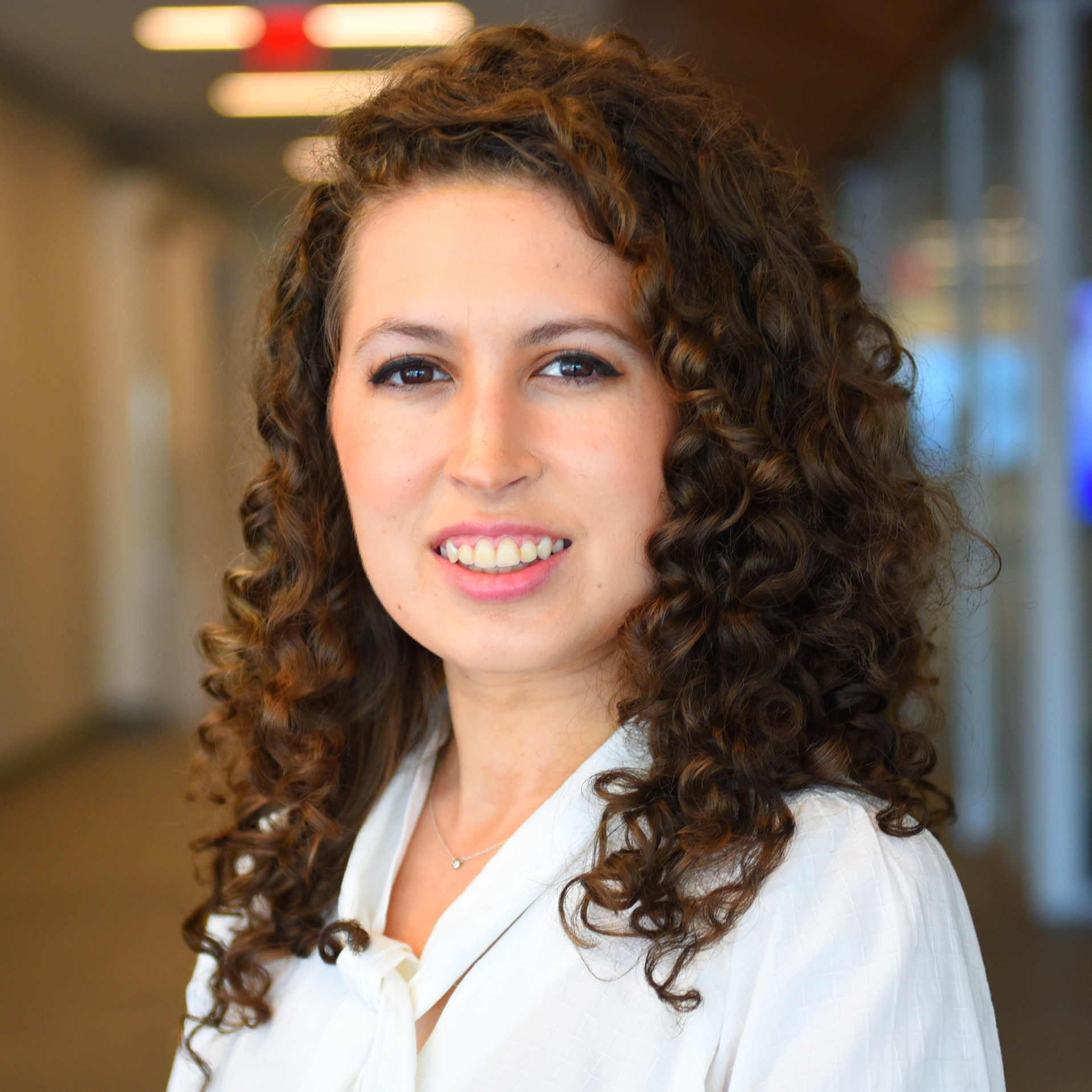
The millions of students now heading back to college and university campuses have spent the last two years of their lives in relative social isolation due to the virus, They have been deprived of the community engagement and titillating excitement that is a key part of the classic “college experience.” Just as they thought college life would return to normal, they will be confronted with a new viral threat: monkeypox.
For many, college is a time for experimentation and growth. Most are excited for an opportunity to learn more about themselves and others in an open-minded environment. Students live together in dormitories, eat together in dining halls, dance together at parties, and, yes, have sex together on and off campus.
Such an environment, I worry, is the perfect place for monkeypox to spread.
Monkeypox is not COVID
For many Americans, the onset of COVID-19 feels like just yesterday; for others, it is a distant memory (and one that many would prefer to forget). After the last two and a half years, the healthcare system is damaged, healthcare provider morale is low, and the public is weary of buzzwords like “diseases,” “infections,” “social isolation,” and “lockdowns.” Ironically, many colleges and universities now have reduced or eliminated COVID-related safety measures that they had implemented during the height of the pandemic.
The monkeypox virus, a member of the orthopox family that includes smallpox and cowpox, has been spreading covertly and insidiously due to a tepid global response. Currently, monkeypox disease primarily affects the community of men who have sex with men, including gay and bisexual men. Still, health officials make it clear that anyone can contract monkeypox and the disease is not linked to any single sexuality or sexual orientation.
More from UB: Monkeypox and COVID-19 are not concerns for college students, but these 4 issues are
Early research shows that the current strain of monkeypox seen in the US and Europe is transmitted most often via close, intimate skin-to-skin contact, but there have also been cases reported of household transmission as well. The disease normally presents with painful blistering rashes and lesions, swollen lymph nodes, and flu-like symptoms. The mortality rate is low, but the risk of pain, scarring, and potential long-term health complications cannot be ignored, especially for those at the highest risk of severe disease the immunocompromised and children.
Monkeypox has a low enough fatality rate to create a false sense of security and a high enough transmission rate to overburden an already broken health care system. However, the monkeypox virus is distinct from COVID-19 in three significant ways: it thrives on the type of intimate physical contact largely absent during the COVID pandemic, it has overwhelmingly affected LGBTQIA+ individuals (a vulnerable population that our polarized society is poorly equipped to assist), and the ideal response involves decidedly family-unfriendly discussions of sex.
Campus prevention strategies
With these factors in mind, colleges and universities must consider the message they want to send to students while setting an example for the rest of the country about managing the potential crisis. What’s more, it is imperative that they do so without resorting to stigmatization, homophobia, bias, hate, or hysteria. Achieving societal equity is one of the guiding principles and goals of many institutions of higher education, and they must uphold their reputations as such. It is time for colleges to decide how to best act in accordance with this ideal in their language, guidance, and preparation.
To be clear, it is not homophobic to state that monkeypox is now primarily affecting the males in the LGBTQIA+ community. It is homophobic, however, to place blame on individuals identifying with a particular sexual orientation, to deprive the LGBTQIA+ community of crucial resources, or to ignore the issue entirely due to fear of uncomfortable conversations. Dialogue about best practices to prevent or mitigate monkeypox transmission needs to include explicit discussions about sex and sex acts that are not usually addressed in polite conversation.
College students are adults, so we should acknowledge their autonomy, agency, intelligence, and maturity while recognizing their need for guidance and accountability to preserve their own health. In addition, monkeypox is both largely treatable and potentially preventable, so we need to encourage and enable those either exposed to or presenting with symptoms of the virus to seek treatment and assistance without inhibition, fear, or shame.
With the fall semester about to get underway, now is the time for campus administrators to be aware. Now is the time to prepare. Now is the time to act.
Rachel Cox is an assistant professor in the School of Nursing at MGH Institute of Health Professions. A board certified family nurse practitioner, her research work focuses on epidemiology and infectious diseases. She is currently examining monkeypox responses at the national, state, local, and clinic level.



